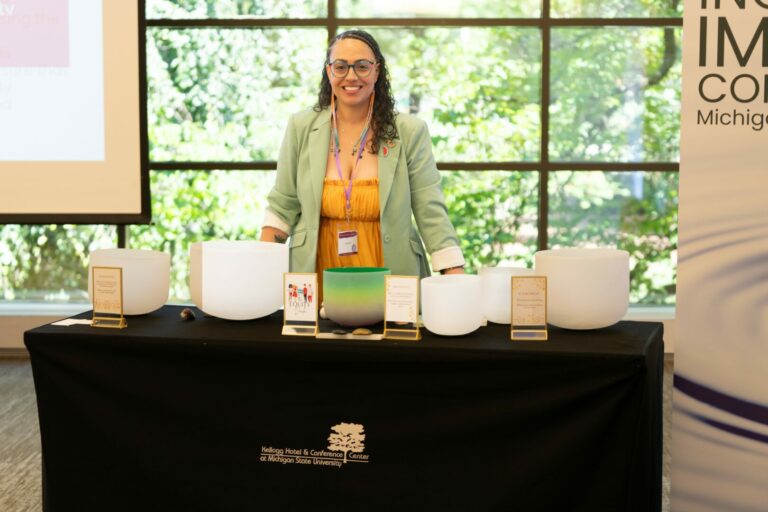What do you do when no one else in the company or the meeting looks like you? We asked entrepreneurs and creatives from across industries and geographies to share their experiences and advice.
Jamie Ryu
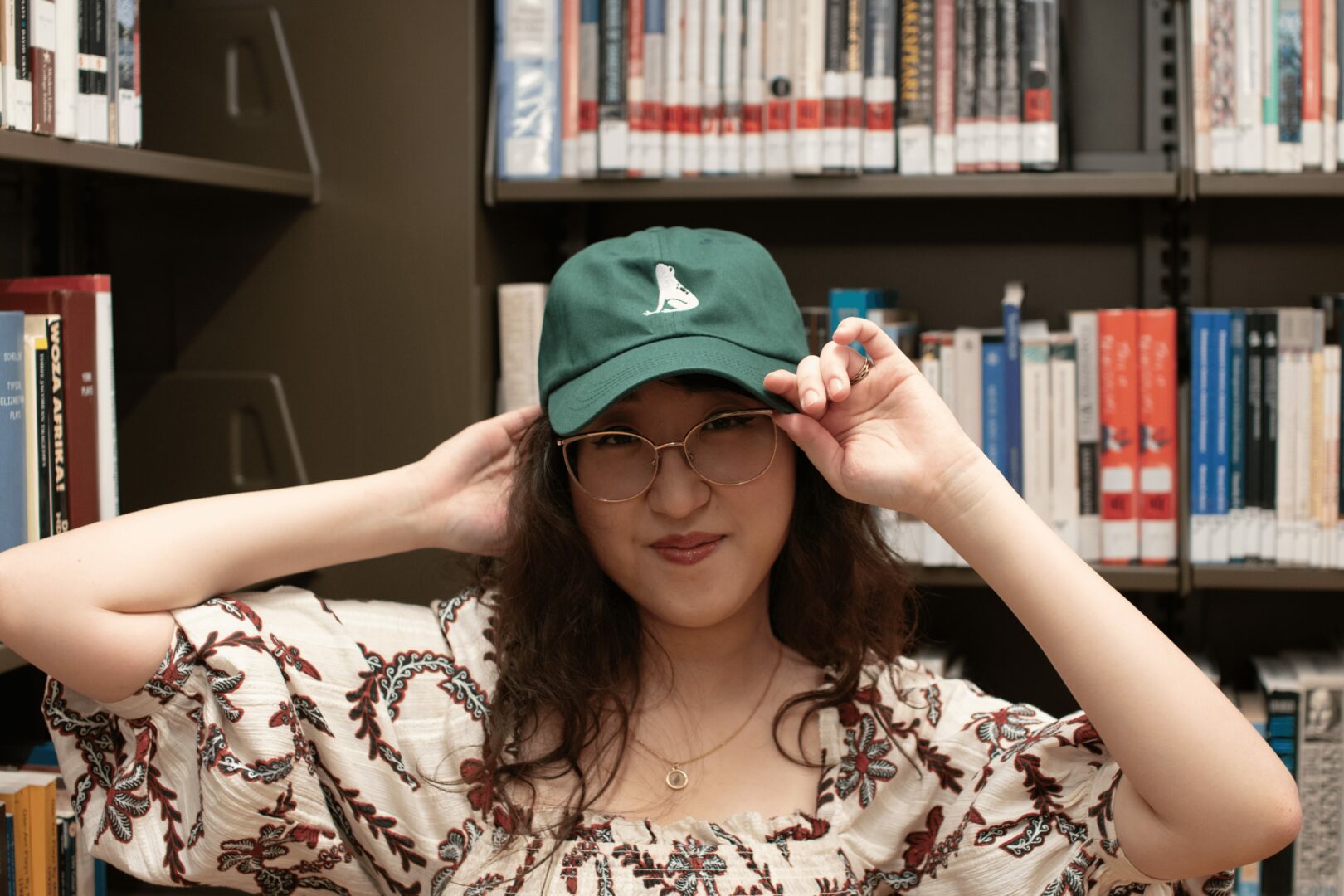
Publishing is a very white industry with very archaic systems. Myself and many other people in my community—whether than be the LGBT+ community or the Asian community or even the broader community of all people of color—are all working to ensure we bring different perspectives into publishing as a whole. I want to do right by all people. That means getting sensitivity readers when required. That means checking the language in our books. That means keeping my finger on the pulse of all that is happening in the world. That means knowing what my boundaries are and staying firm. Read More>>
Paris Alexandra
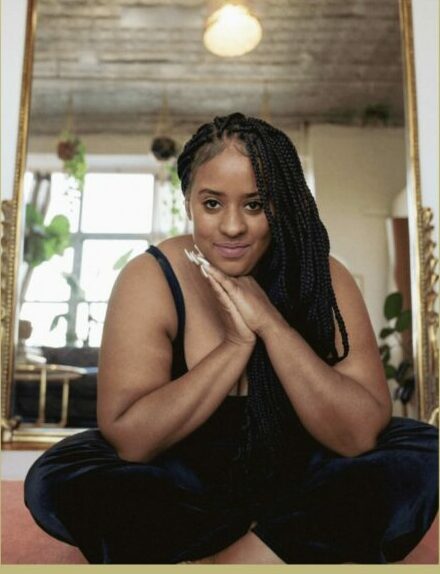
I realize while I may be the only one in the room who looks like me, there are thousands of Black women who came before me that made my work possible. To understand that my work in wellness is apart of a larger historical context of liberation allows me to understand that my singular story and experience is connected to our larger collective experiences. Read More>>
Albert Bramante
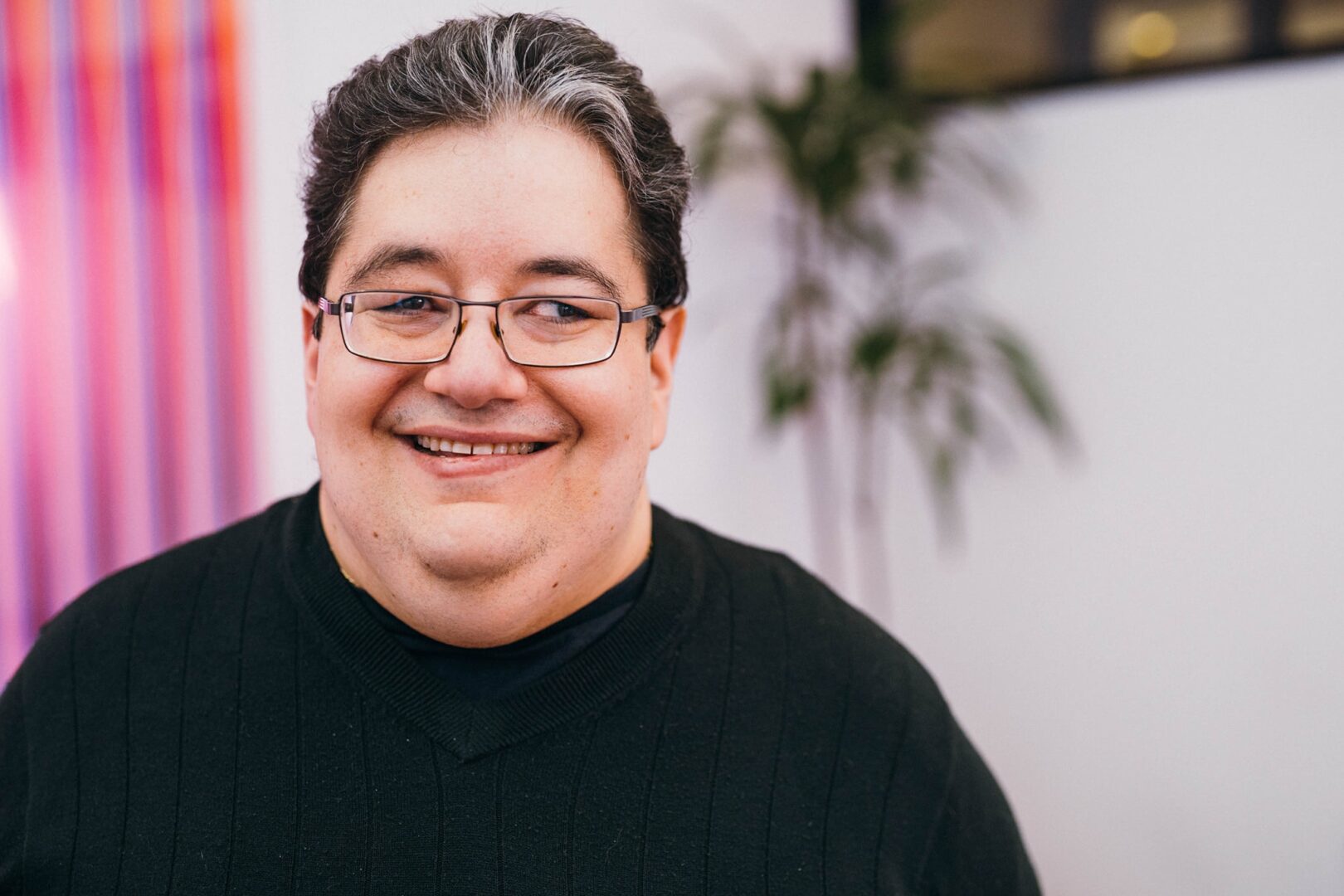
For some this may be somewhat jarring, for me I appreciate this. We are all unique and have our own backgrounds, strengths, & struggles. We can all learn from each other and the differences that we have can be valuable. We learn the best when we are exposed to different perspectives and view points. This is what makes us so amazing as human beings. Read More>>
Willo Kelly

There have been times when I’ve been the only person from my demographic in the room, such as when attending a predominantly white institution (PWI). However, that hasn’t negatively impacted how I view or feel about myself. If anything, it reminds me that I’m representing more than just myself. Sure, being “one of a kind” can boost my confidence at times, but it also serves as a reminder of how far I’ve come. Read More>>
Keriane Zarcone
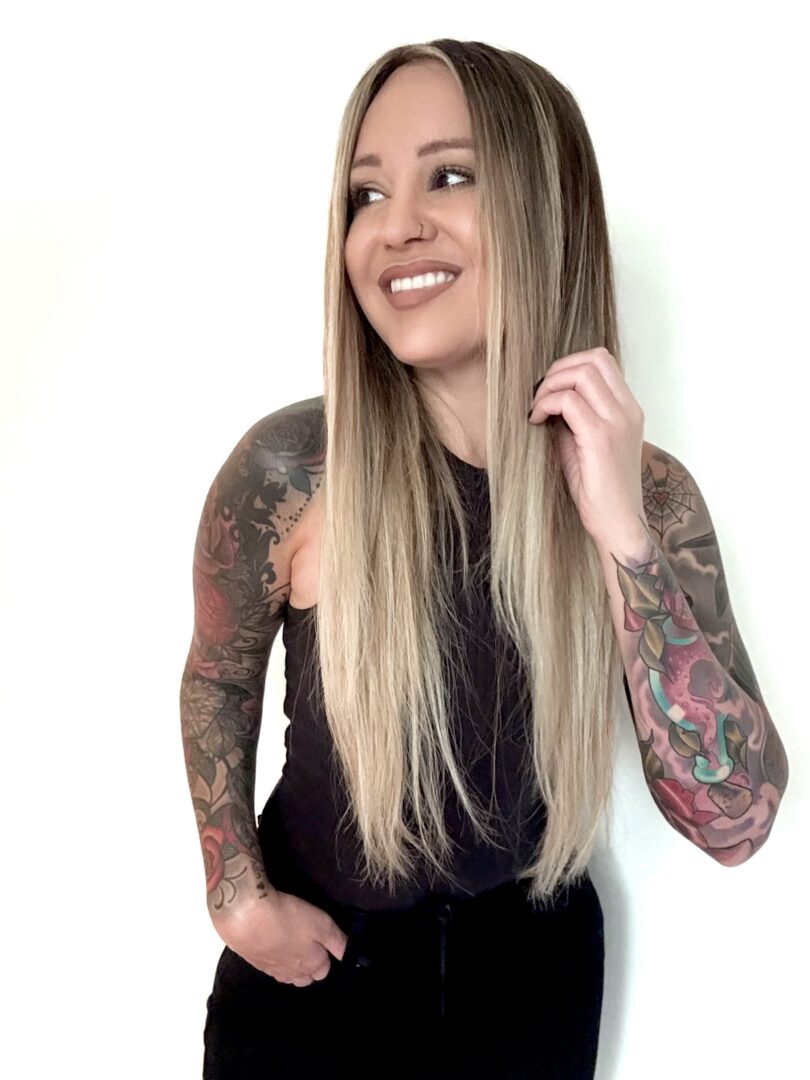
“Being successful when I am the only person in the group that looks like me” is a day in the life for me! I take a lot of pride in knowing I do not look like the average person and to be honest, I do feel like I have to work harder to prove my professionalism and to build my business but that is not a bad thing. It taught me how to hustle and provide for myself, so as others may find this to be a challenge, to me it is a gift and I wouldn’t wish it was any other way. Read More>>
Tia Katz
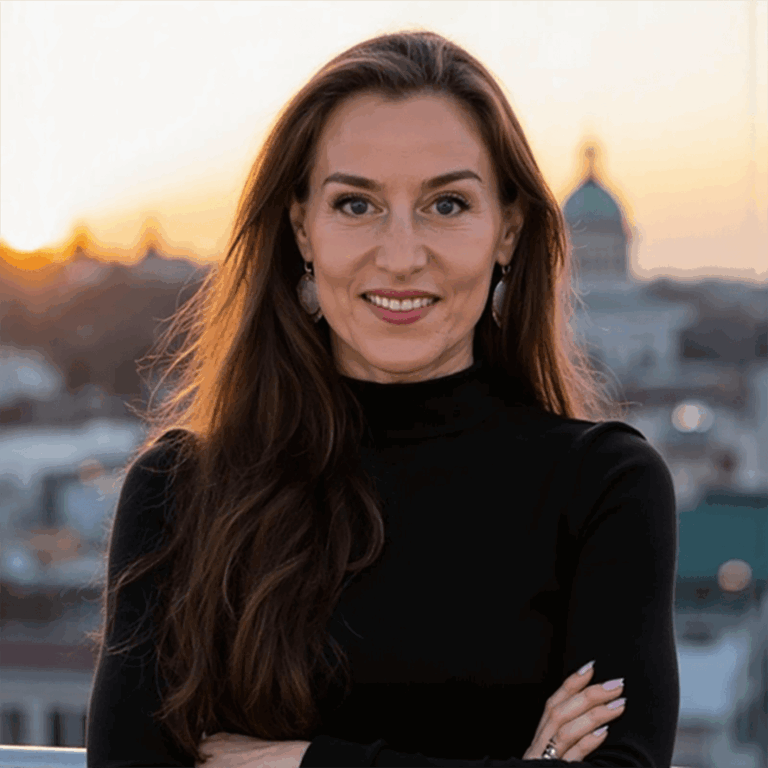
Until seventh grade, I failed every subject. My undiagnosed dyslexia convinced me I simply wasn’t smart, and once you believe you’ve already failed, fear loses its grip. That early reset hard-wired two habits: experiment boldly and learn fast. Straight out of high school, I joined a construction crew building Intel cleanrooms. I was the only and very petite woman on-site, yet that “disadvantage” let me slip into tight ceiling spaces the guys couldn’t reach and keep the project on schedule. When you’re different, find the niche only you can fill and make it indispensable. Read More>>
Emily Teigland
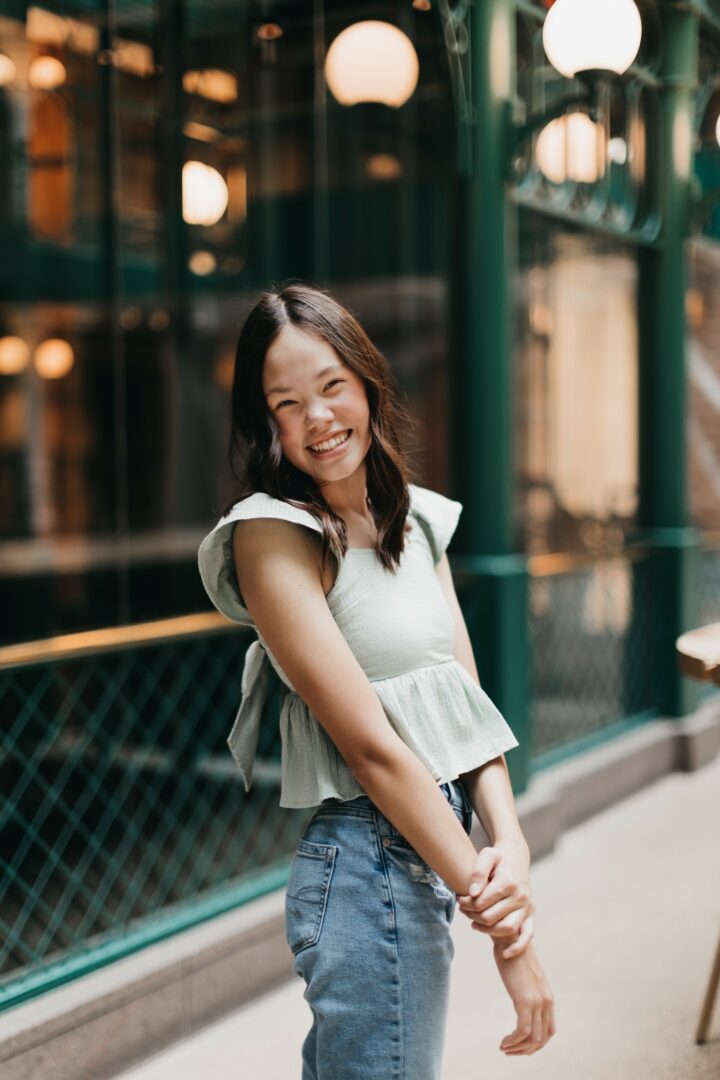
Often when I bring my work to in-person events, I’m the youngest person in the room. While a high school student, I never advertised my age or student status. Through unexpected and encouraging conversations with customers and fellow artists at events and online, I realized that my age might just be an essential part of my story. By my freshman year of university, I began to brand myself as an artist, business owner *and* full-time student. My customers are incredibly supportive of my journey and I’m grateful for their community. Read More>>
Dr. Brenda Wakefield
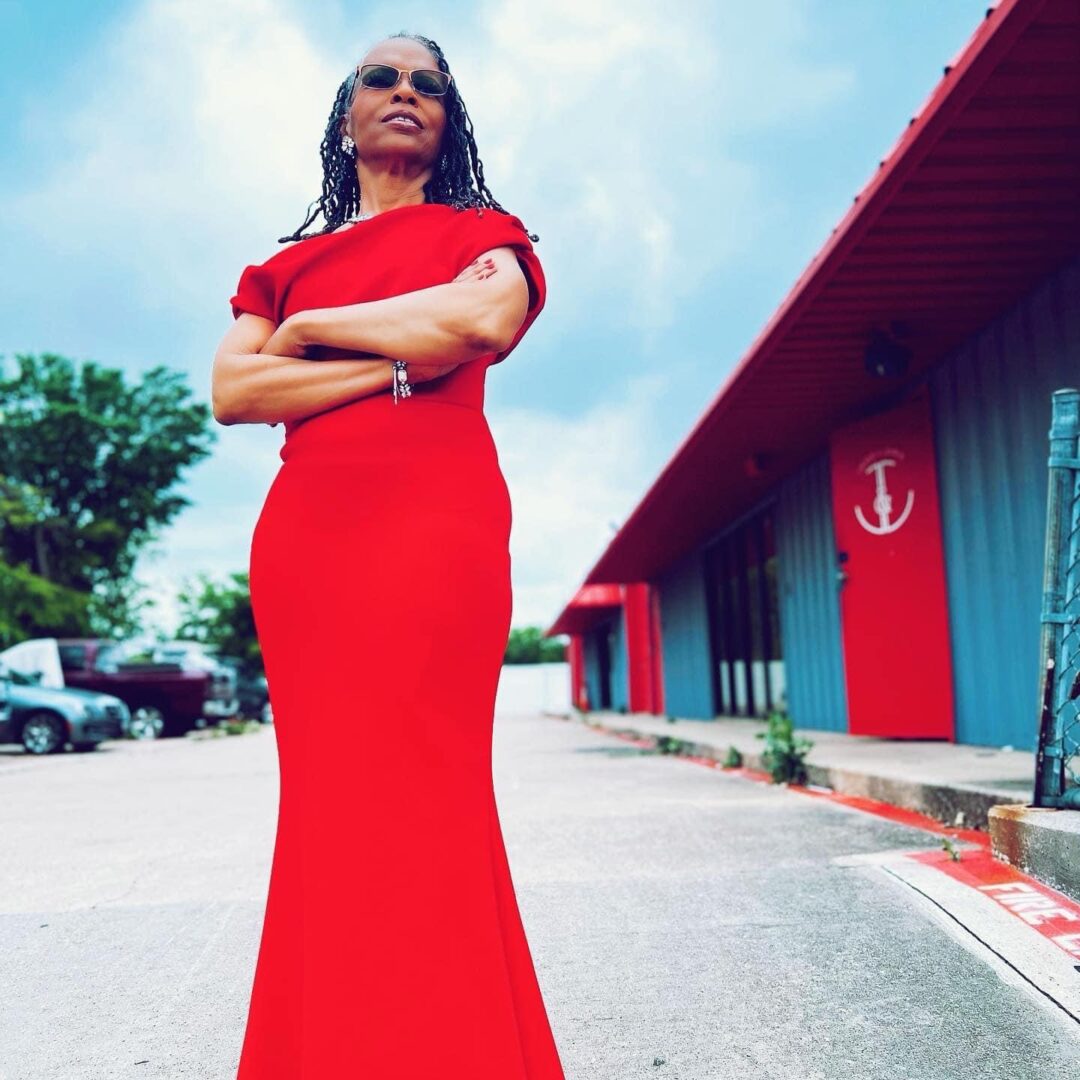
Being the only one in the room is a repeat performance that comes frequently for me in the industry I have chosen in my second career and with family and friends. As an avid Kingdom Health Advocate, not many hold the same tenacity to remain true to caring for our body (temple) as a sacred vessel that brings glory and honor to God daily. Society is not built to the steadfast commitment of eating healthy. We are swamped with fast food options practically on every corner. The grocery store is laden aisle after aisle with processed food with expiration dates that are suspect. Read More>>
Oluwaseyi Soyebo
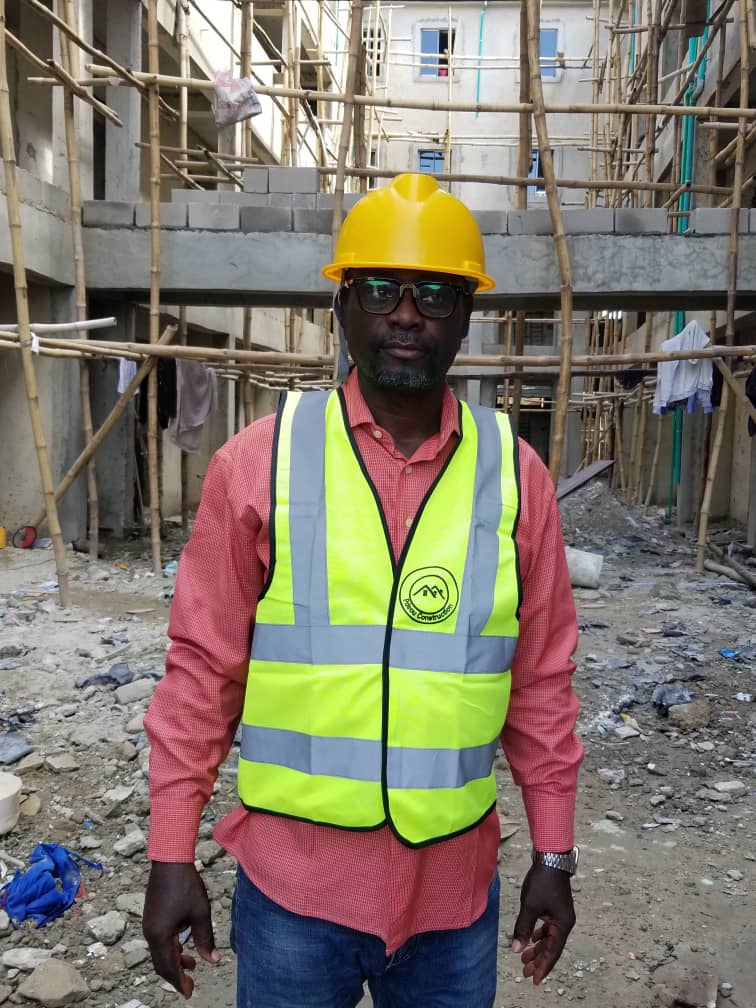
Being the only one in the room whether by background, identity, or experience has never been a disadvantage for me. In fact, it has often been my source of strength. Throughout my journey as a civil engineer, contractor, and consultant, especially in high-stakes environments or elite spaces where few share my story, I’ve learned to view my uniqueness as value-added, not a limitation.
Growing up and building my career in Nigeria, I faced moments where I had to lead rooms filled with people who were older, from different socio-economic backgrounds, or who doubted my capacity because I didn’t “fit the mold.” But I leaned into my authenticity. Read More>>
Carter Brinegar Brinegar
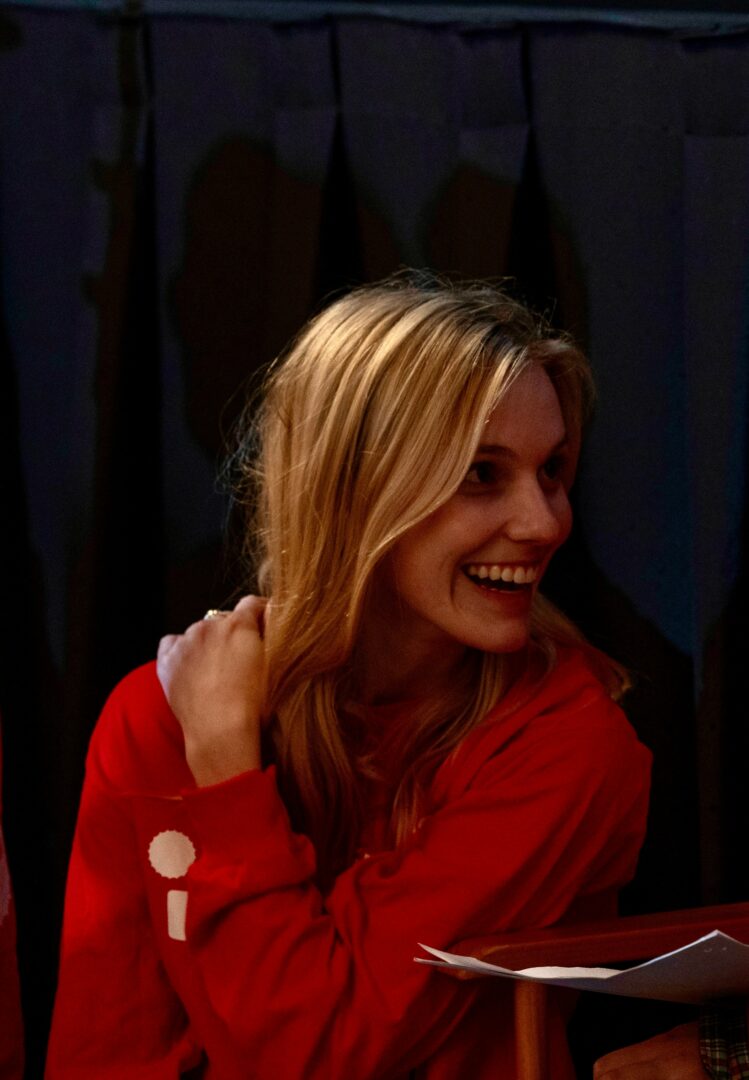
My love for film started like it does for many, watching movies growing up and getting swept away by the storytelling. But my passion for becoming a film producer really took shape when I started learning about the role of women in Hollywood. One Christmas, my mom gave me Women vs. Hollywood by Helen O’Hara, and reading it was a turning point. It opened a door to the history of women who helped build the film industry, how instrumental they were, and how often they were pushed out or overlooked. Read More>>
Sasha Neri
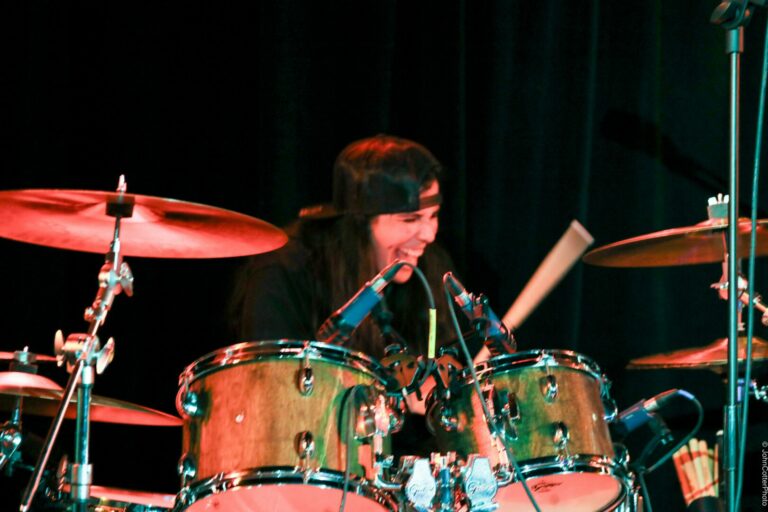
I learned to be efficient and successful by embracing what makes me different and using it as motivation. As a female drummer in a metal cover band, I’ve often been the only female in the room—and sometimes, the only one people don’t expect to see behind a drum kit. I get the questions, the stares, the surprise. But I never started drumming to prove anything to anyone. I started because I loved it. That passion is what keeps me going. Read More>>
Danielle Suber
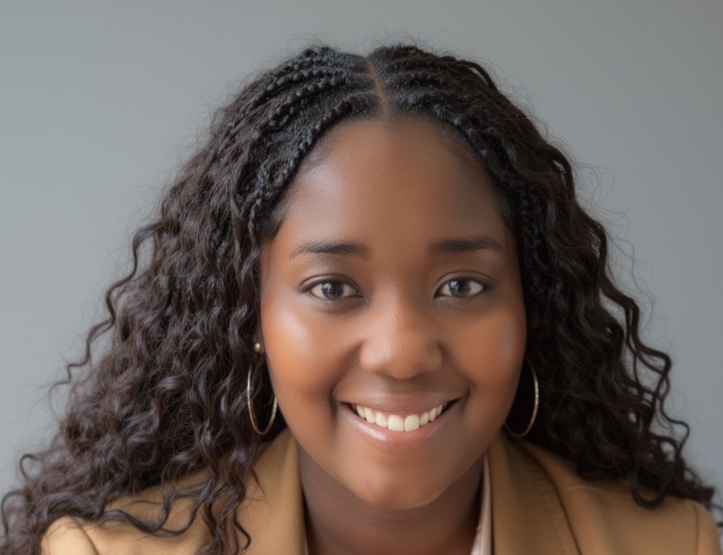
As long as I could remember, I was the “only one” in the room. Whether in school it was the only Black student, the only single-parent child, the only kid who wore “that kind” of clothing.In the beginning stages, I just wanted to be like everyone else. I didn’t like the attention positive or negative that I got from being the “only (fill in the blank.)” But what I did notice was how adults consistently encouraged me to continue to lean into being “the only”. What I saw it as my Achilles’ heel, they saw as my super power! Read More>>
Rebecca Irby
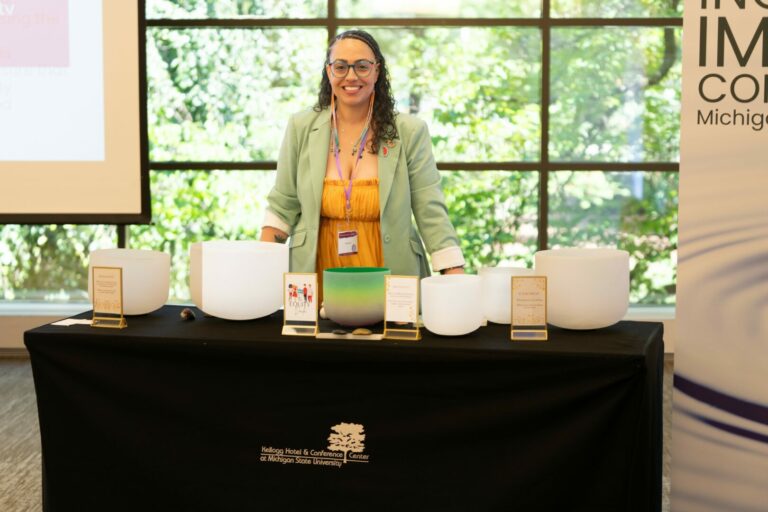
I’ve spent much of my professional life being the only one in the room who looked like me. Whether in boardrooms, international UN assemblies, or corporate DEI spaces, I’ve often walked in as the only woman of color, the youngest voice, or the person with the most unconventional background.
At first, it was isolating—disorienting, even. But over time, I realized that difference is not a deficit; it’s a source of power. I began to see my presence as a form of advocacy and a tool for systemic change. Instead of shrinking to fit the room, I focused on expanding it—using storytelling, facilitation, and truth-telling to invite others into deeper reflection and collective growth. Read More>>
O
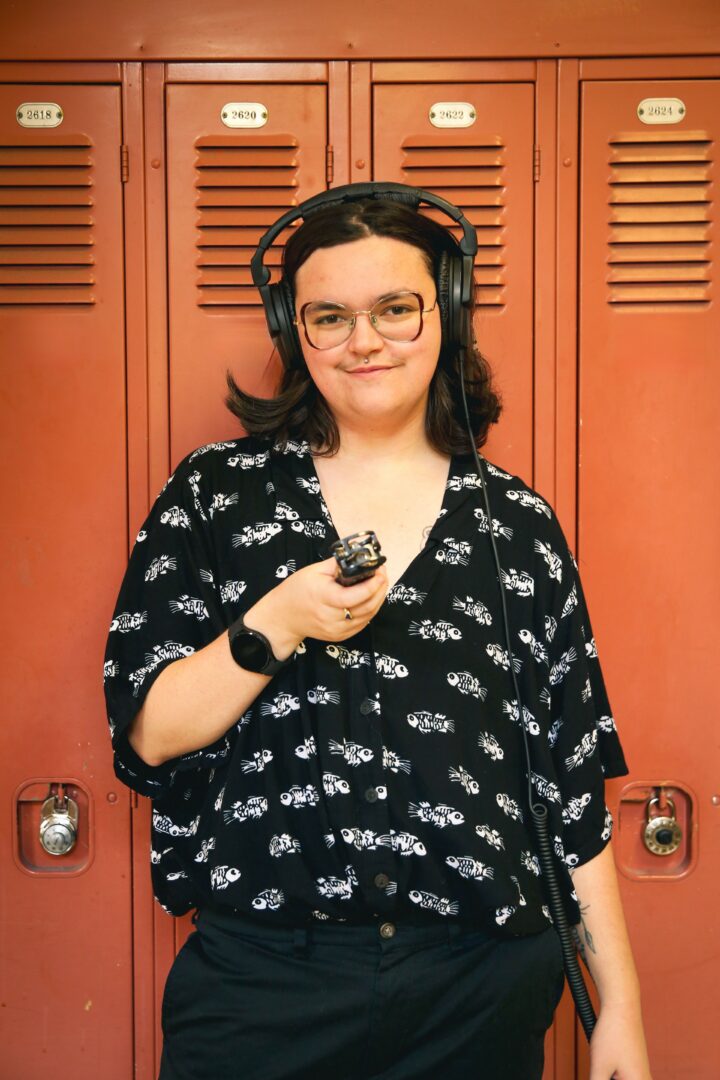
Being non-binary, there are a lot of situations where I kind of stick out in a room. This becomes very apparent whenever I go to an industry meetup for audio professionals, where most of the room is populated with men to the degree that they almost look copy-pasted from each other. I don’t blame them, the getup they wear is very similar to how I’m often dressed: comfort first, lots of pockets for holding adapters and batteries and other bits and bobs, plausible deniability business casual. Read More>>
Renee Saulney
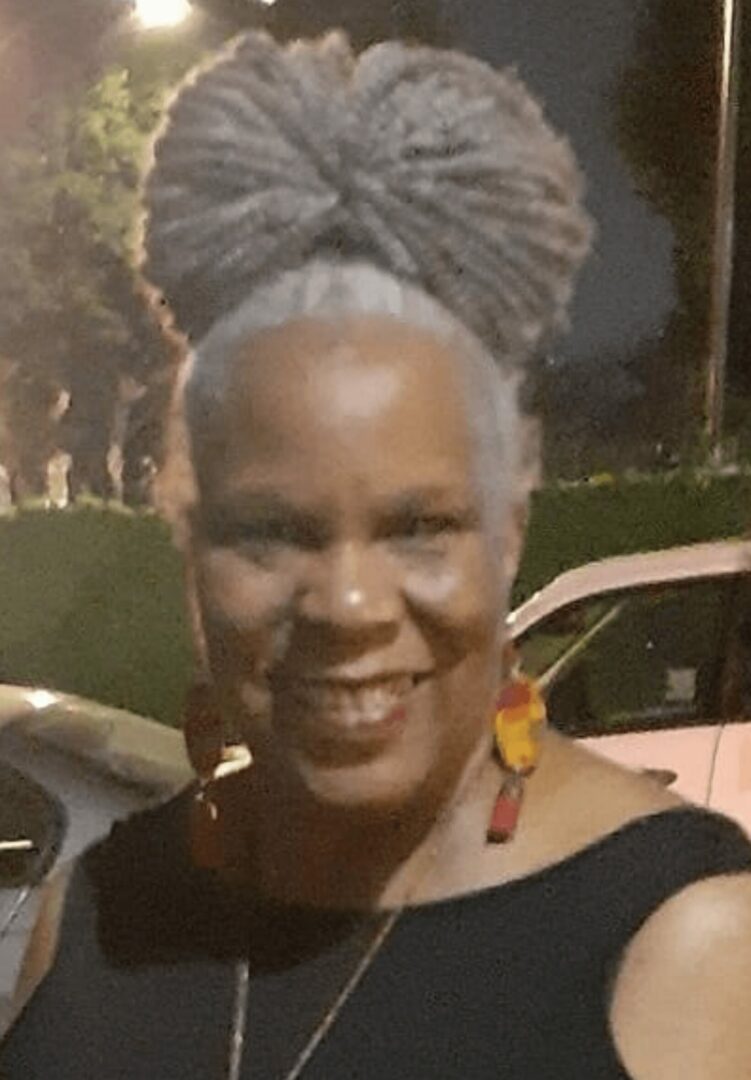
I use to be intimidated when I was the only one in the room that looked like me, but then I realized I was good at what I did. I had a good product so I had just as much right to be there as anyone else . Read More>>
Bella Yu

As a 19-year-old Asian woman entrepreneur, I’ve often found myself being the youngest, and sometimes the only woman or person of color, in the room. Early on, that made me feel like I had something to prove. But over time, I’ve come to see that difference as a strength, not a disadvantage. Read More>>
Roxana Damas

You can choose to see this as a disadvantage or as your unique superpower. Of course, there are times when this can be the most challenging, but the more you learn to stand in the beauty of your truth and essence, look and listen beyond what is in front of you, and find the unifying factors of what is needed in that space and time, and what your uniqueness brings to the table. At the beginning stages of being the only “different” person in the room, it can be intimidating and disheartening, but if you find ways to transform this pain and fear and build a support system that helps you see that the difficulty of being the outlier and how others may challenge you charpens your skills and your way of thinking and expressing yourself. Read More>>
Danielle Spencer
I credit my ability to navigate spaces where I’m the only one who looks like me to my upbringing and strong foundation. I was raised in a two-parent household within a large, supportive extended family that included my grandparents, aunts, uncles, and church community. From an early age, I was surrounded by encouragement, high expectations, and values rooted in self-worth and resilience. Read More>>
Lilian Raji
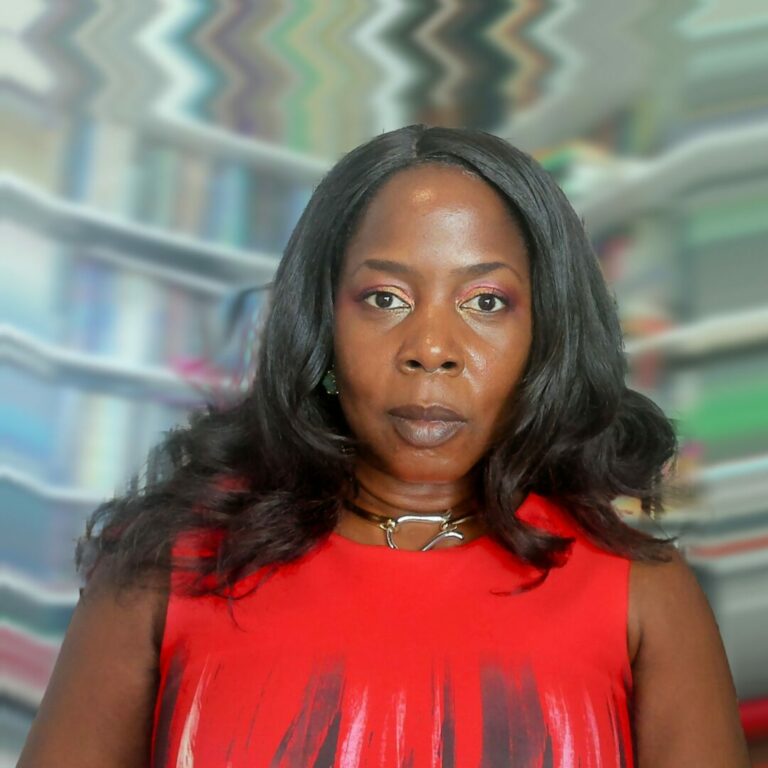
As an immigrant woman of color working in the luxury industry with the depth of my experience being in the male, European populated watch industry, I’ve learned to accept how special I am to often be one of one in the room. For this reason, I never allow anyone to make me feel small, particularly because I lack the identity of everyone else around me, and yet, here I am, occupying the same space, breathing the same air, as them. Read More>>
Heather Hathaway
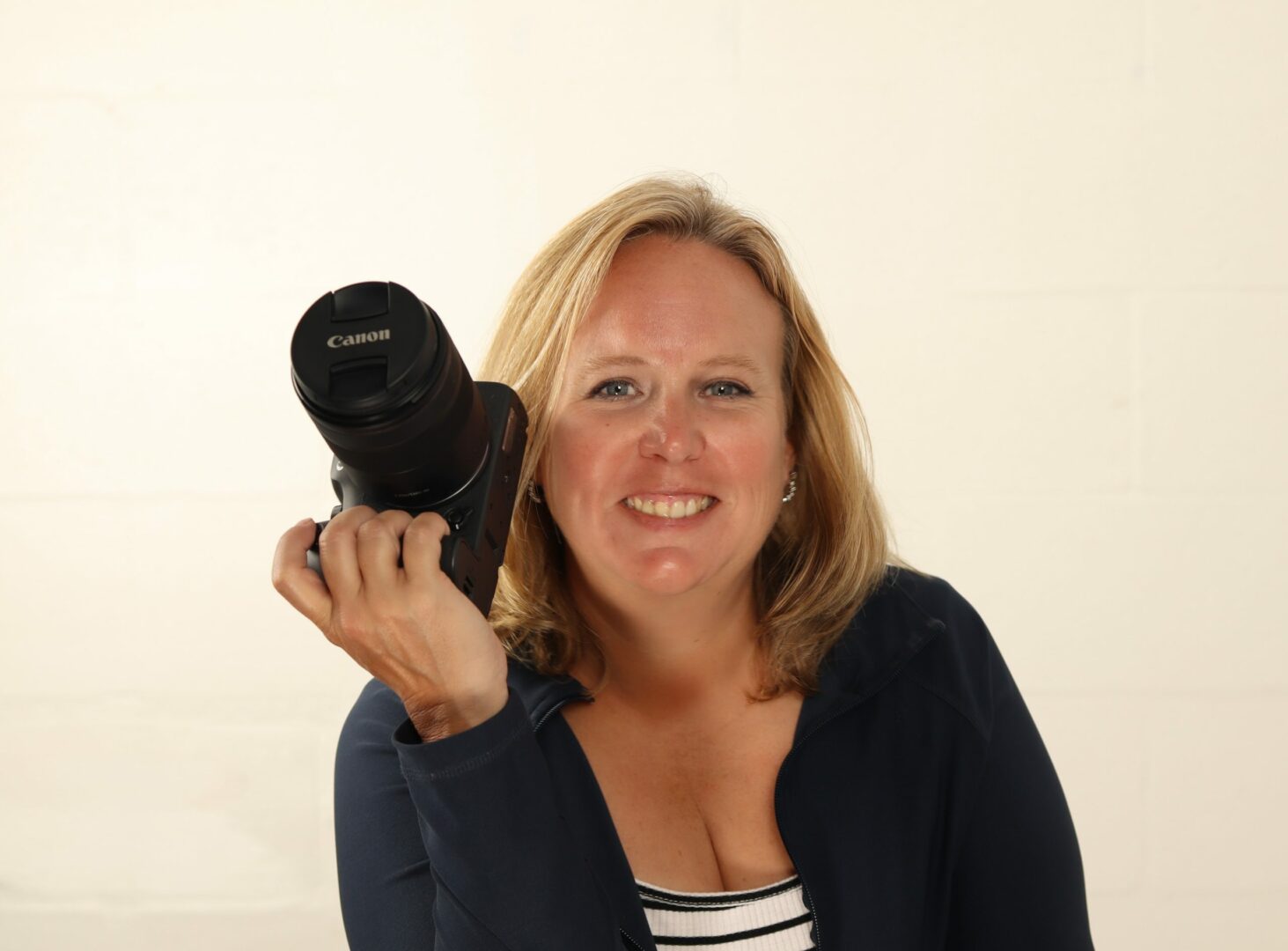
You know, that’s such a profound question, and I appreciate how it made me really think. In my interpretation, we’re all unique individuals – in most rooms, I truly am the only person who looks exactly like me. But I think this question goes deeper than physical appearance; it’s about standing confidently in your uniqueness, especially as a creative professional. Read More>>
Kelsey Davis
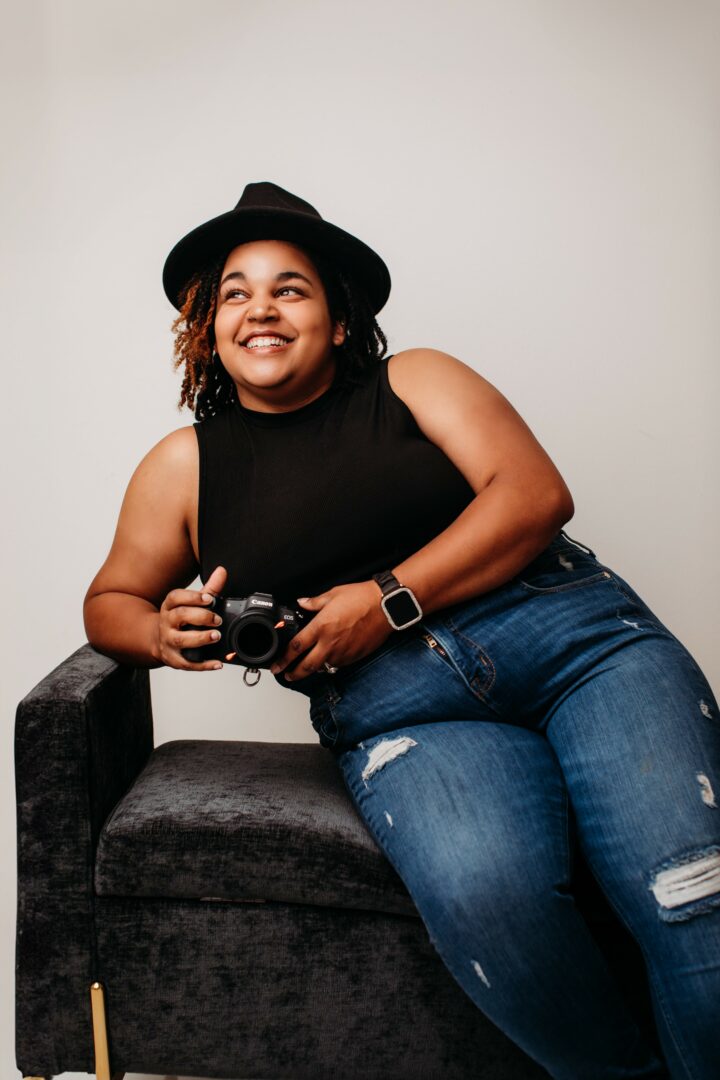
By owning my difference as my strength. I’ve learned to speak with confidence, even when I felt unseen. My presence is powerful, and my perspective brings value no one else can offer. Success isn’t about fitting in, it’s about standing out with purpose. Read More>>
Kim Gettenberg
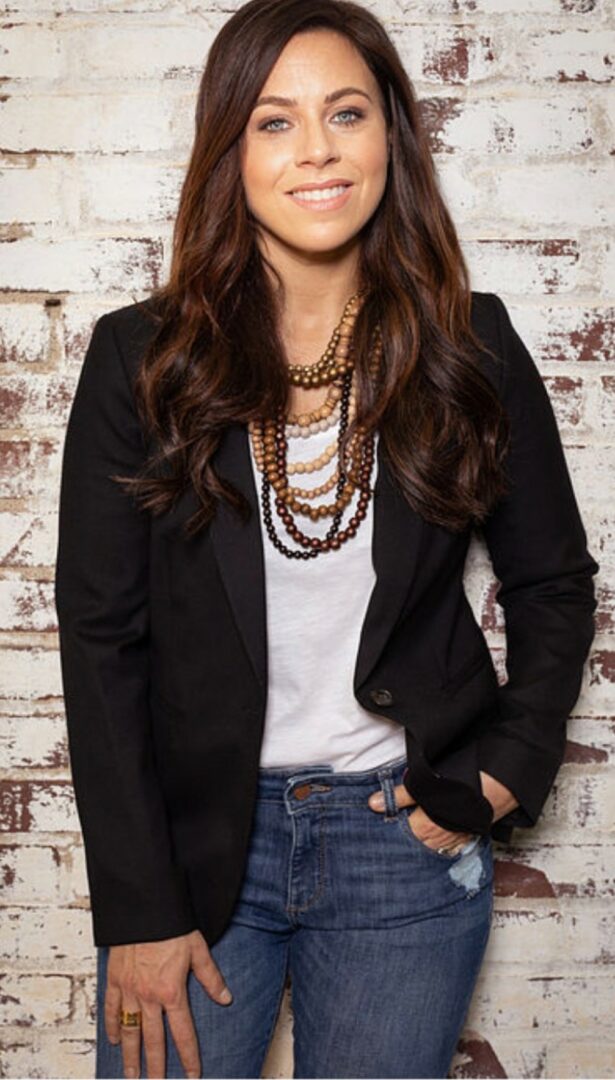
That is a powerful question that I think speaks to self awareness and resilience. What I have learned over the years is that being the only one in a room that looks like me is so important to my evolution as a person as well as what I can offer others. I have traveled a lot and met so many unbelievable people throughout my life and think about how their personal journeys have shaped my interpretation of the world. Read More>>
Barbara
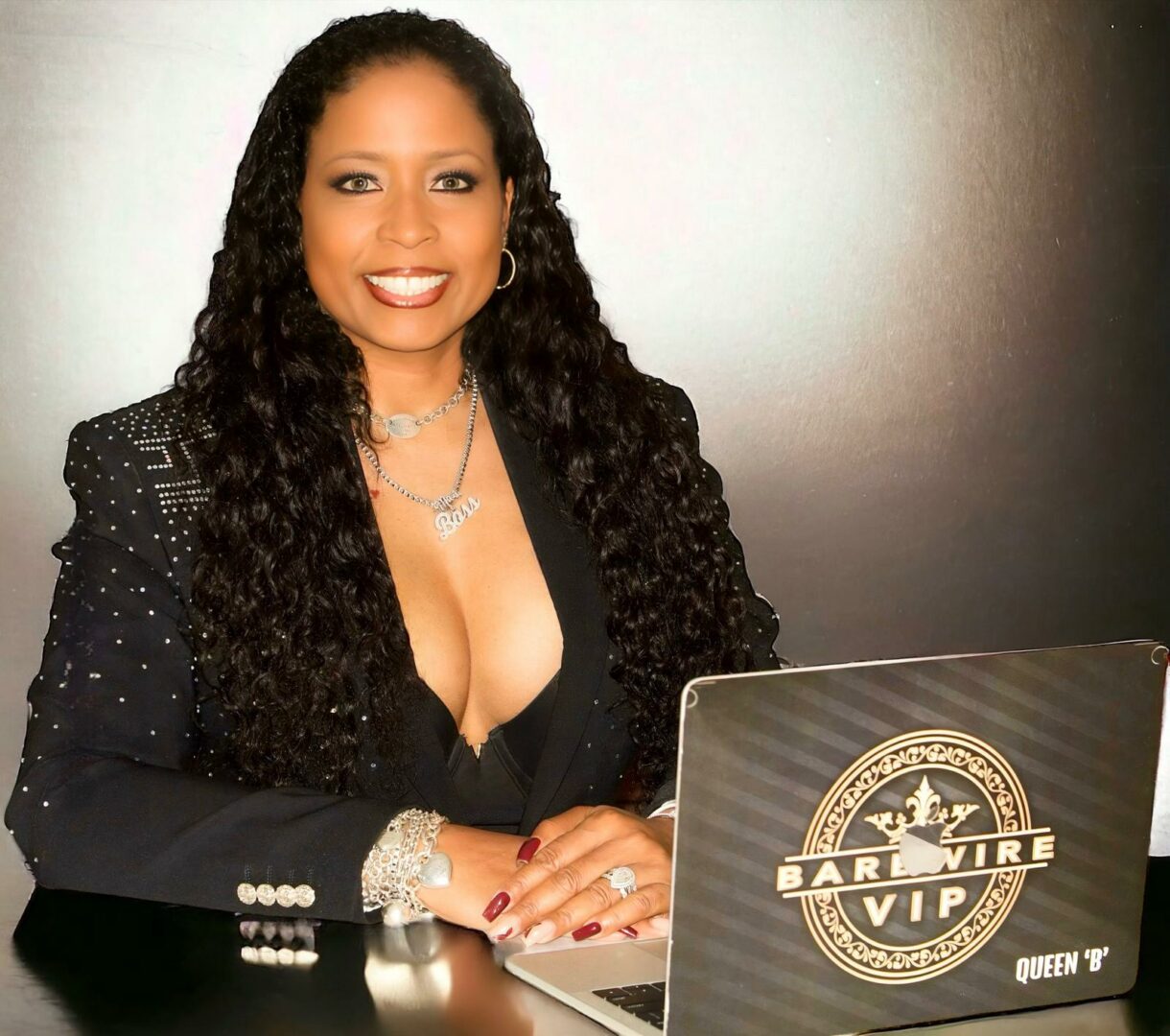
When I began working in the NFL space in 2006, I was often the only Black woman in the room—and at times, the only woman, period. In an industry historically dominated by men, especially at the leadership and decision-making levels, I knew I had to bring more than just qualifications; I had to bring presence, confidence, and unshakable persistence. I’ve learned to be intentional about how I show up—commanding respect, leading with integrity, and consistently delivering results. Read More>>
Jalevina King
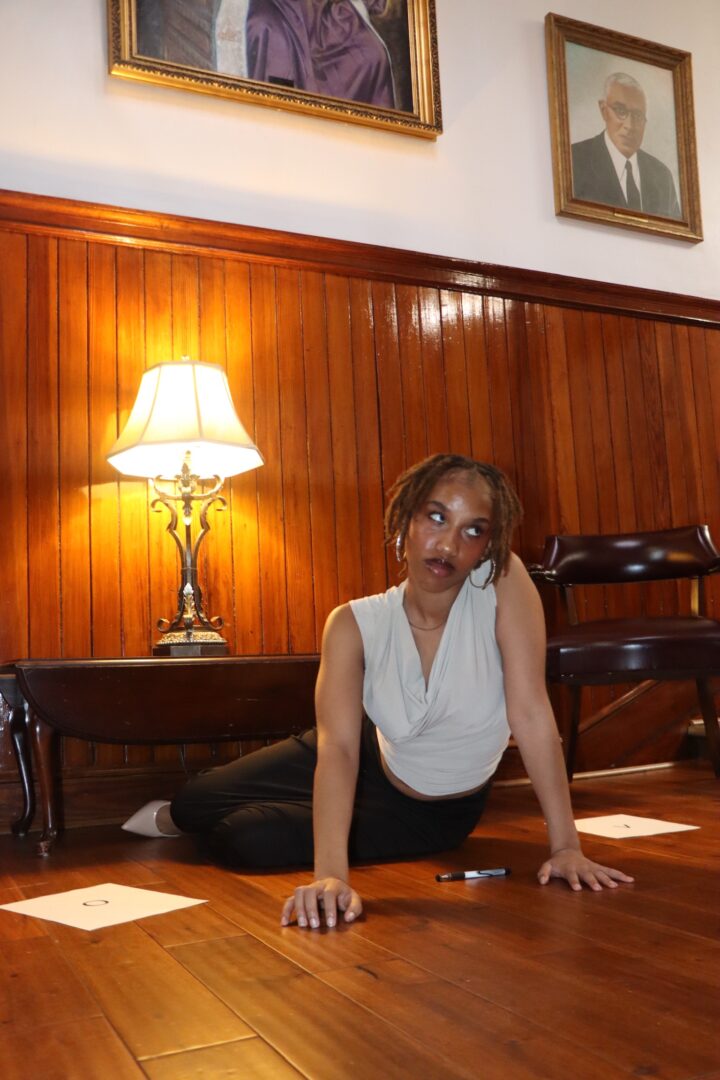
I’ve learned how to be effective in the room by holding close the belief that representation IS a responsibility. I carry my communities with me, whether it’s the African American community or the Queer community. As someone who lives at the intersection of being Black, queer, and a woman, I’ve come to understand how layered visibility is, and how often those layers are overlooked in certain spaces. Read More>>
Vicki Souder
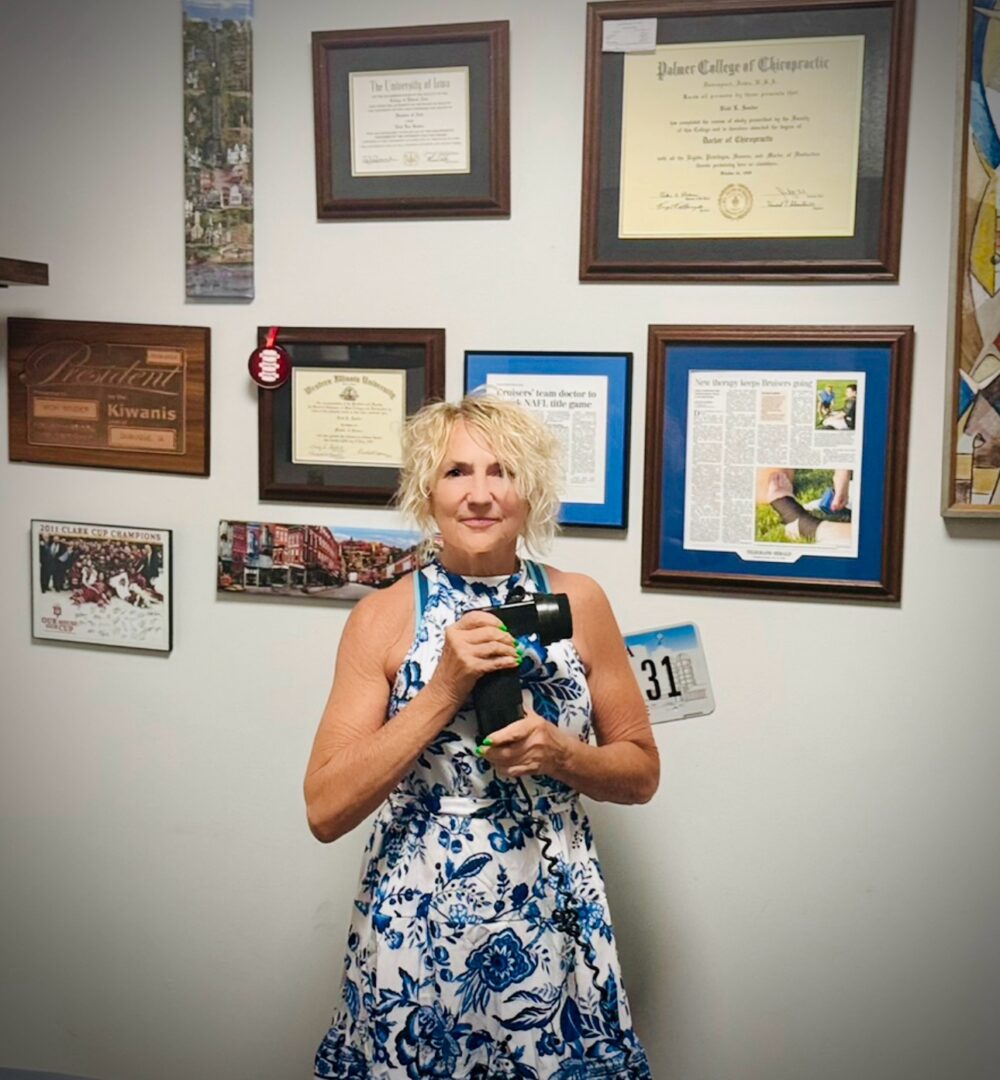
When you’re the only one in the room who thinks like you, sees the body like you, or practices like you—it can feel isolating at first. But over time, I learned that’s not a weakness. That’s the superpower.
I didn’t get where I am by following what everyone else was doing. I got here by knowing what I stood for: integrity, education, precision, and empathy. My work ethic was shaped early by my father—he demanded excellence, and not just the kind you can show on a resume. He believed in doing the right thing even when nobody’s watching. That stuck with me. Read More>>
Catherine Ann Agnes
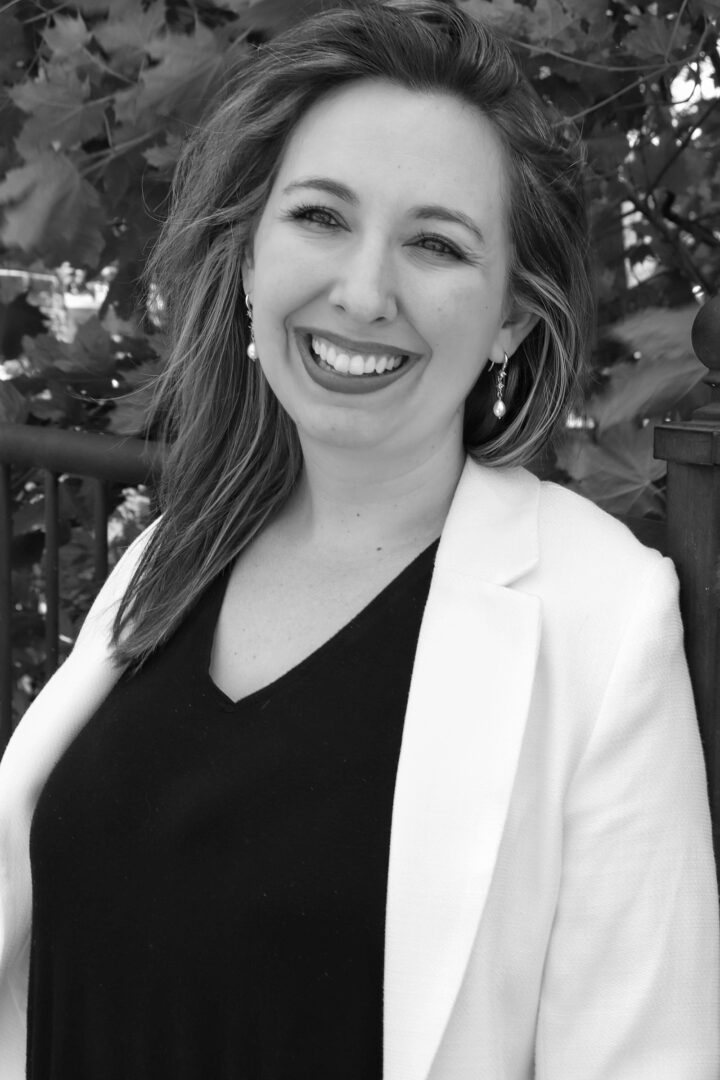
I have been battling a concept for most of my adult life…
“What does it mean to be Enough?”
As a young lady in the performing arts industry, I was surrounded by incredible talent on the daily. I knew so many incredible creatives. I loved to perform, and it didn’t matter to me if anyone was more accomplished than I. Their successes gave me something to aspire to become. There were many older girls in my community who dominated the center stage, and looked at them in awe. I also had an incredible voice teacher. Read More>>
Nicolas Lopez

Being the only person in the room who looks like me has been a common theme through out my life. At a young age I noticed I was different than most of the kids around me. I grew up in a multi cultural county so it was a variety of kids from different background but as a child of Hispanic and Black parents I felt alone in the world. Not many kids around me where biracial or if they where it wasn’t Hispanic and black like me. It also felt like I did not fit in either category. Read More>>
Dima Drapikovsky

A long time ago, in the waiting area of a small Asian airport, I scribbled in my notebook:
“When you’re the only one in the room, it doesn’t mean you don’t belong. It means you got there first.”
Back then, it felt like a curious observation. Now I understand — that’s what professional resilience looks like. Read More>>
Yuqing Xiao
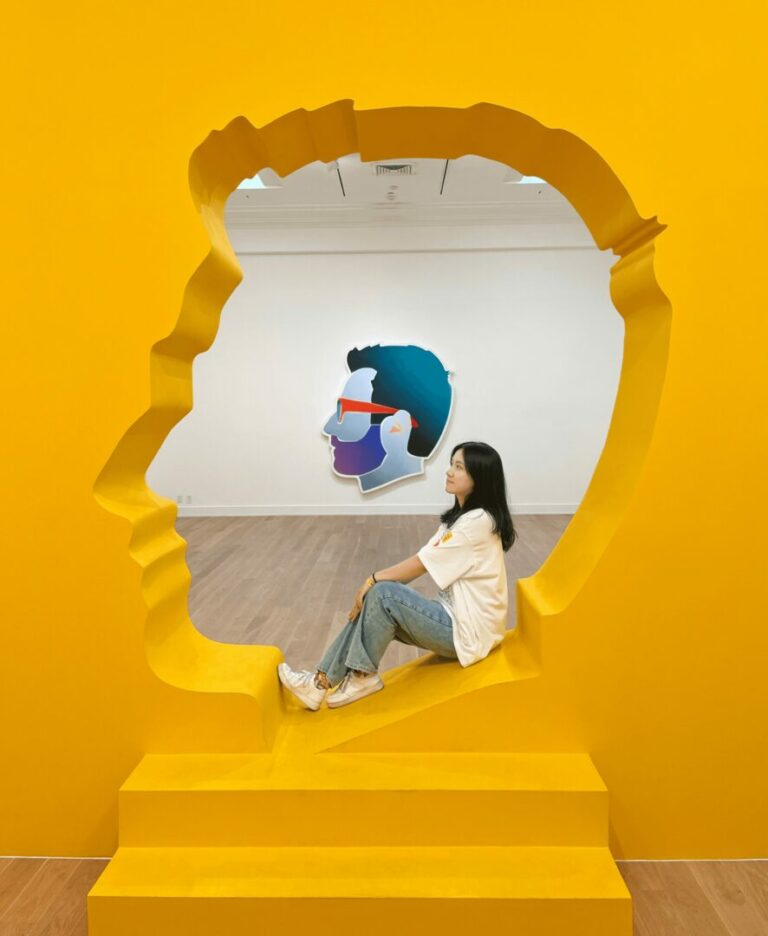
Honestly, staying true to yourself in any group isn’t always easy — it takes both self-awareness and intentional effort. From my own experience, there are two things that have really helped me navigate this.
First, I actively seek out people who inspire me. Throughout my time in school and early in my career, I’ve been lucky to meet mentors and peers who opened my eyes to different ways of living and thinking. They were often the people courageous enough to stand out and stay authentic in their own paths. Read More>>
Natasha Cypril

Being the only one in the room that looks like me used to feel like a silent weight I had to carry until I started seeing it as a crown. At first, it was isolating. There were moments when I was the youngest. Other times, the only woman. Most times, the only Black person, and sometimes all three. I would walk into boardrooms or investor meetings and not see a single reflection of myself. But I learned to stop waiting for mirrors and instead become the example. Read More>>
Kerisa Denison

Realizing THAT is my superpower. I believe we are here to live out our own unique story with our individual strengths and challenges. It’s what makes life dynamic, fun and interesting. How boring would it be if we all looked and acted the same and followed the exact same path and trajectory.
I look at it like this, we are all an individual thread with our own color and texture that when combined with others, creates the beautiful tapestry of life. Read More>>
Roy Patterson
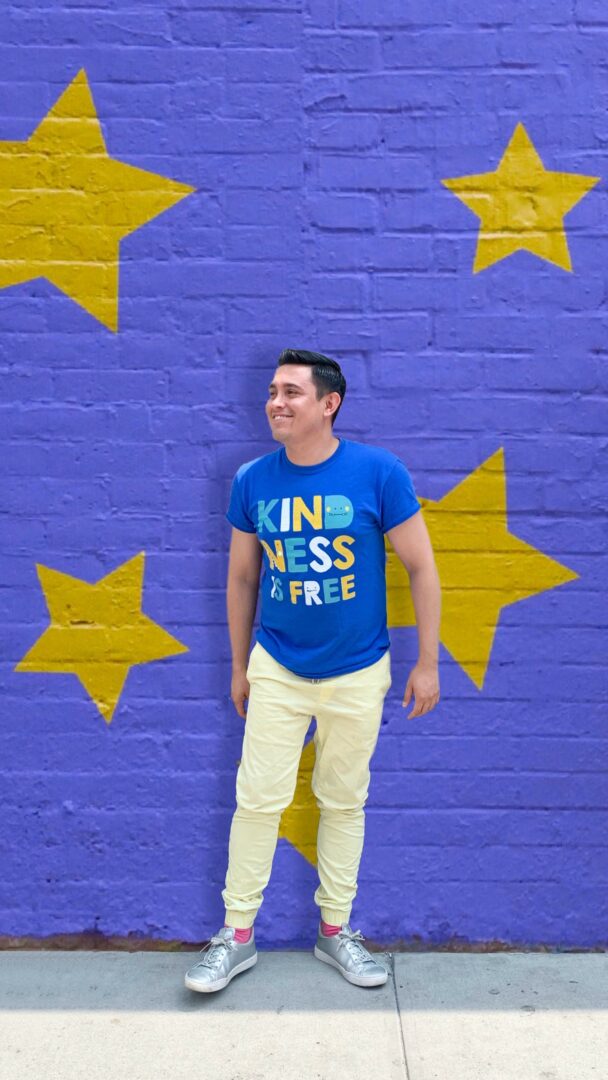
Being the only one in the room who looks like me hasn’t always been easy, but it’s been one of my greatest teachers.
As a proud gay, Latino, first-generation Mexican-American immigrant, walking into spaces where no one shares your lived experience can feel isolating at times. But I’ve learned to see those moments not as setbacks, but as invitations to show up, take up space, and lead with authenticity. My presence alone is a form of quiet resistance and a celebration of resilience. Read More>>
Mithila Patki
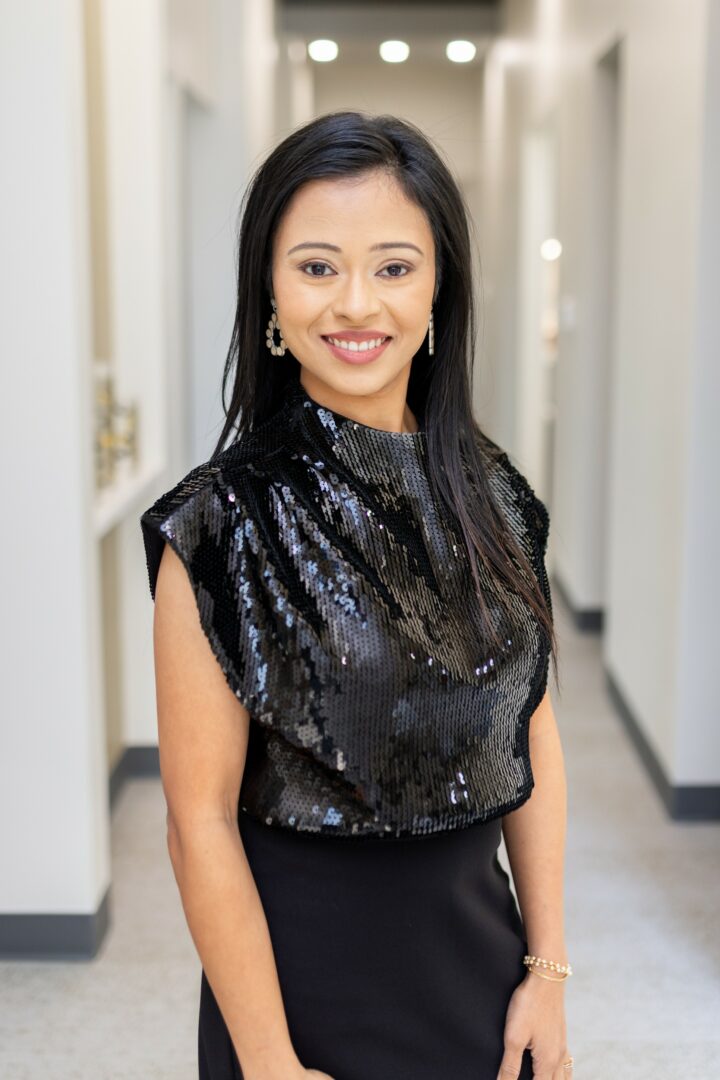
We often forget that all of us are born unique. We are special in our own ways. But we still try to fit in and be a part of the crowd. Success comes from accepting yourself and being true to yourself. Over the years, I learnt that one needs to connect with one’s inner self to understand who they truly are. Once you find that connection, you start believing in yourself and people value your authenticity. Read More>>
Kennedy Mathis
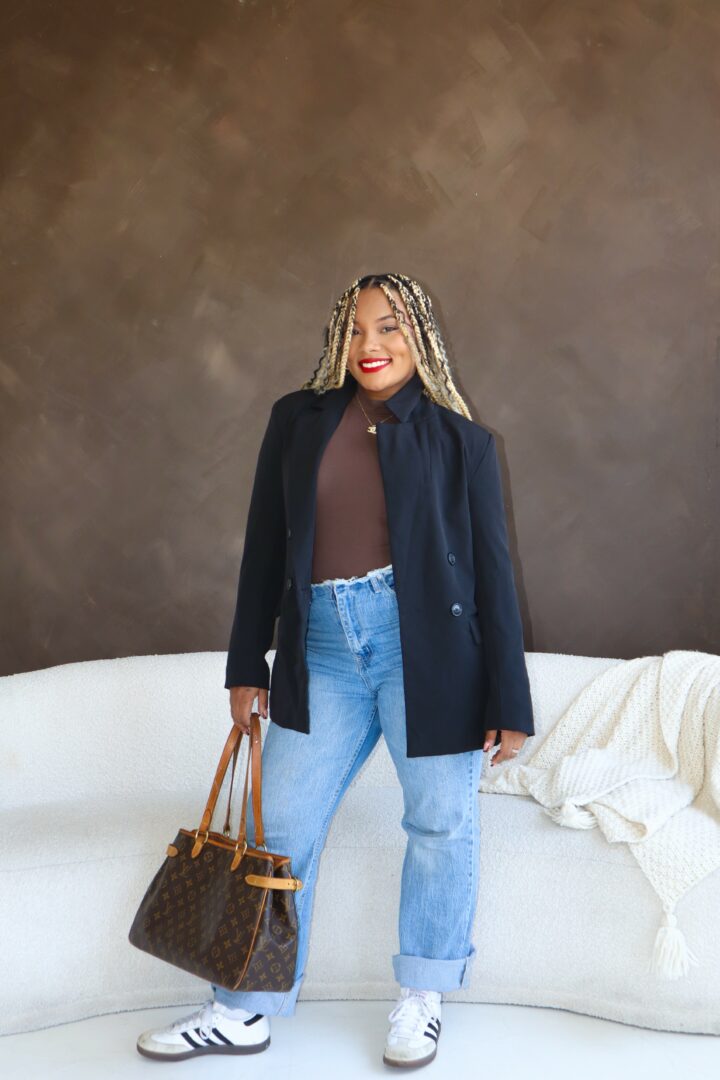
Early on, I realized that excellence alone wouldn’t always speak loud enough. I had to master presence. I had to become fluent in translating my authenticity into authority. I had to teach people how to value what they had never seen before.
I stopped entering rooms trying to prove I belonged and started entering rooms knowing I was the answer to a perspective they didn’t even know they were missing. I led with clarity, preparation, and a deep understanding of how to read energy and communicate across differences (being an empath made this fairly easy for me). Read More>>
Mike Hess
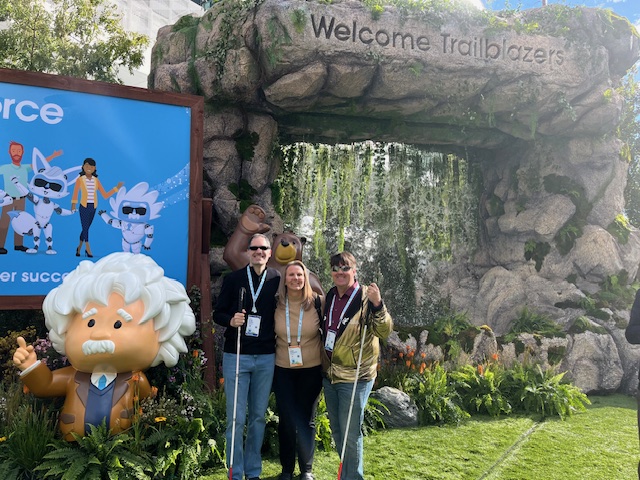
Being the token blind person in the room, with a cane no less, definitely makes me stand out. At networking events, I like to say I stick out…pun intended. But rather than shy away from that visibility, I lean into it. I’ve found that most people truly don’t want to be rude to the blind guy. In fact, I joke that it’s like the 19th commandment: ‘Thou shalt not be a jerk to the blind person.’ That mindset has served me well since the early days of building Blind Institute of Technology (BIT). Read More>>

